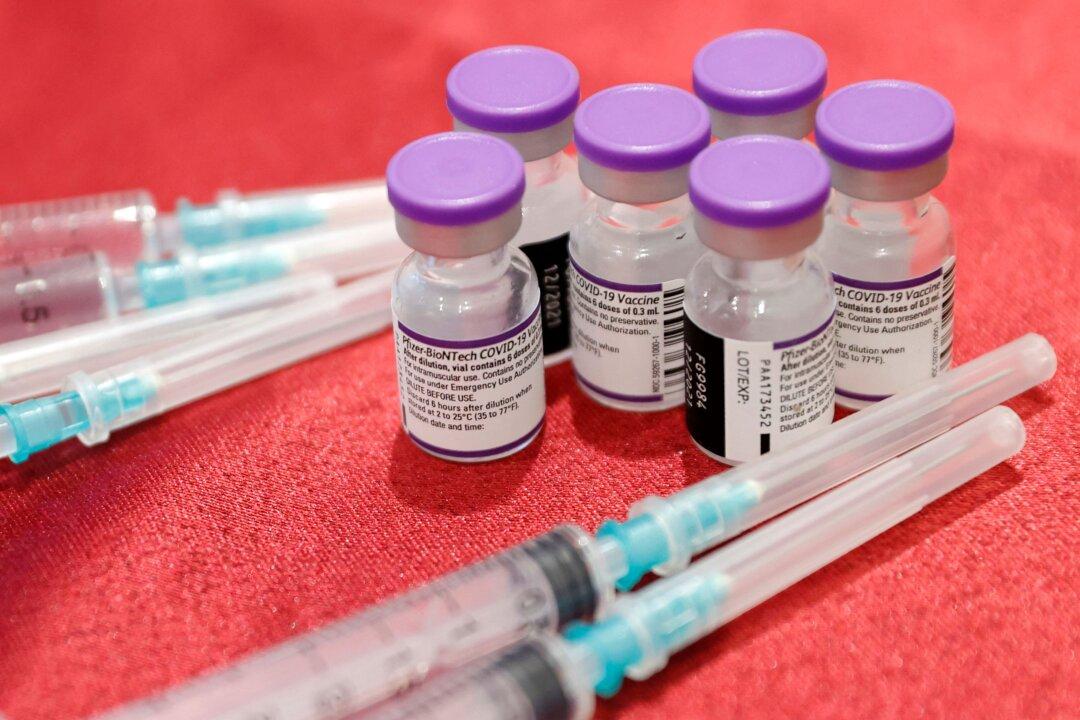A new study suggests that both COVID-19 infection and vaccination against the virus can increase the risk of postural orthostatic tachycardia syndrome (POTS), a condition that causes the heart to beat abnormally fast.
In a healthy person, the nervous system automatically tightens blood vessels and causes a moderate increase in heart rate to make sure a sufficient amount of blood reaches the brain. In most patients with POTS, however, this autonomic nervous system doesn’t properly function, forcing the heart to beat extra fast to compensate for the drop in blood supply to the brain. This usually results in dizziness, fainting, chest pain, and shortness of breath, especially when changing from a sitting position to a standing position.





